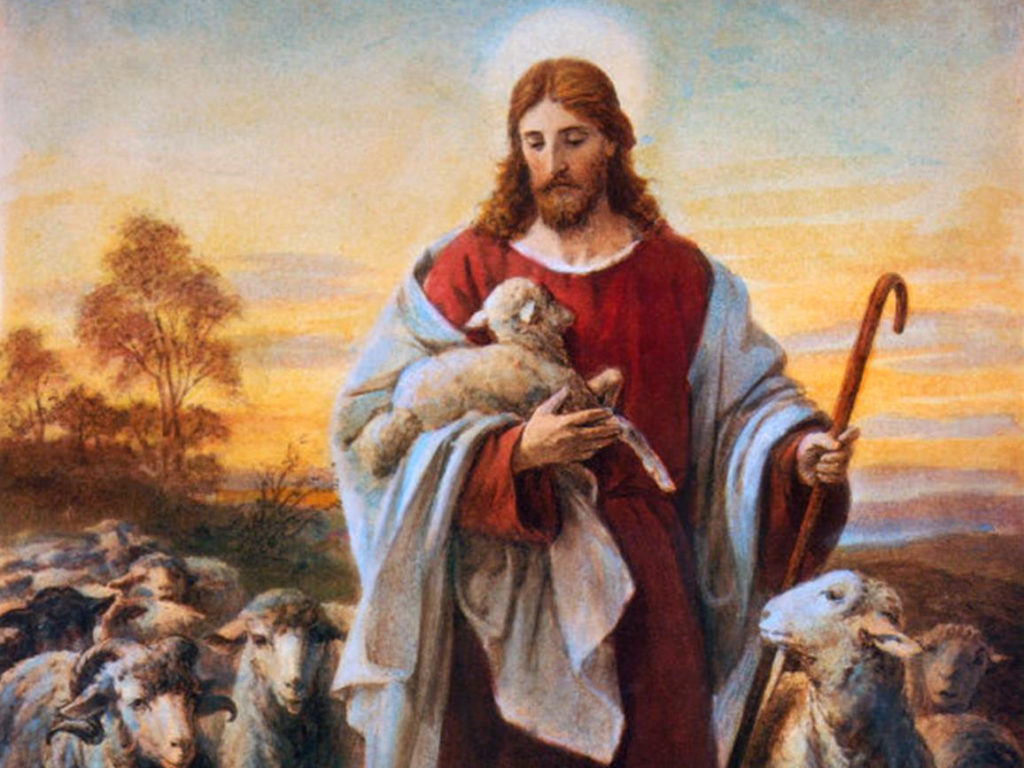Have you ever seen a small child lost in a shopping mall?
There are few sights so sorrowful. You know the child’s parents are probably close by, but that’s no comfort. The child sees only an impersonal crowd, a lot of movement, a lot of bright lights, but no security, no safety.
Sad to say, many of the adults in that fast-moving crowd are living their lives the way that child is living his moment of separation. They’re lost. They’re separated from Father God and Mother Church. All of life comes at them as so much movement, so many stimuli. It has no coherence for them, and they get through it only by entertainment and constant distraction, grazing from text messages to kitten videos to the worst of the latest news cycle.
These are God’s lost children. These are today’s sheep without a shepherd.
They lack what you and I have. They lack Jesus Christ, the eternal Son, in whom they’ll see the Father. But they don’t even know who he is or what they’re missing?
You and I are just beginning to make our way through Lent, and that’s a privilege. We have heard the good news and accepted it as our own. We live in the same scary world as everyone else. But we know our Father is with us. We know we’re loved, and that love gives coherence to everything else. It gives meaning to our sorrows. It even makes a sort of sense of the evening news. We’re part of a grand story. It has its ups and downs, but we know how the story ends.
During Lent we’re drawing closer to the Father. Of course we know he’s near. But we’re turning to see him more clearly and take his hand more firmly. “Turning” is the literal meaning of the word conversion, and this season is all about our conversion. It’s a project that never ends, but in Lent we try to open our hearts to receive greater grace. We try to turn more decisively.
The Greek word for conversion is “metanoia.” It means a change of mind, a better worldview. It means we see the world not as something random and absurd, but as a gift from our Father God.
We don’t ignore sin and suffering. But of all the things that are wrong with the world, none should concern us so much as ourselves. When someone asked G.K. Chesterton, “What’s wrong with the world?” he answered “I am.” That should be our answer, too, and it should be what we’re working on this Lent.
Let me propose a task we can share in the days that stretch between now and Easter. Let’s try to find occasions to be hopeful — publicly hopeful. When conversations take a downturn at work or at home, let’s try to be the Catholic voice. Let’s show people the joy and confidence of God’s children — sons and daughters who have our Father’s hand, who know how the story ends, who know that God answers every prayer.
We can do our part to change the worldview of others. We might be surprised to discover what the effort does to our own outlook.

